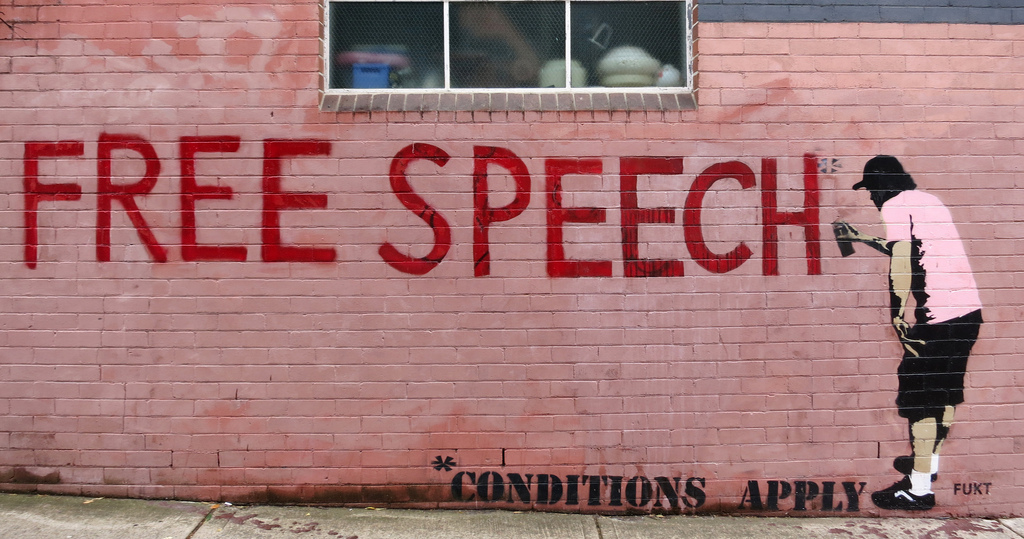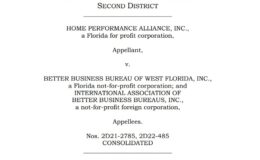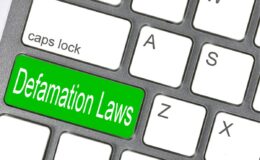Does a Negative Employee Review = Defamation?
- By : Cbh
- Category : Defamation

There is an exception to the general rule regarding defamation when it involves “parties [who] have a mutual interest in evaluating a person’s work.” These evaluations occur frequently: employee evaluation, customer evaluation of employees, parents’ evaluation of teachers, and former bosses evaluating former employees to prospective new employers.
Under those circumstances, a new case out of Florida confirms that there is a “conditional privilege” (later referred to as a “qualified privilege”) held by the speaker which presumes good faith, even when the comments are critical. This is known as the “bona fide commercial purposes” exception. In that situation, the presumption is that the speaker, even when being critical, is acting in good faith. This appears to be a mighty high hurdle to overcome.
In Crestview Hospital Corporation d/b/a North Okaloosa Medical Center and David Fuller v. Coastal Anesthesia, P.A. and Michael P. Ederer, D.O., the First District explains that, “someone who broadcasts a false statement that harms another person’s reputation can be held liable for defamation. The law essentially presumes malevolence on the part of a speaker who says false and harmful things about another person. But that presumption doesn’t apply where parties have a mutual interest in evaluating someone’s work.”
To overcome that conditional privilege in a bona fide commercial purposes discussion, the plaintiff must prove that the speaker was not acting in good faith by proving “express malice” on the part of the speaker. The fact that the statement is untrue — even if made with the knowledge it was untrue or recklessly — is not the test. A fact finder must conclude that the defendant’s primary motive was ill will, hostility, and a desire to harm the plaintiff. Knowing that the statements were false (or being reckless in saying the statements) does not prove they were motivated by hostility (in theory, the statements could even be said for unreasonable economic reasons, e.g., to get rid of an expensive employee/position).
Under the reasoning of this case, evaluations of people for bona fide commercial purposes can include (knowingly or recklessly) false statements and NOT be actionable defamation as long as the primary motive is not to hurt the person. It is still a defense even if the primary reason for the statements were unreasonable.
Image credit: WeirdForLego


